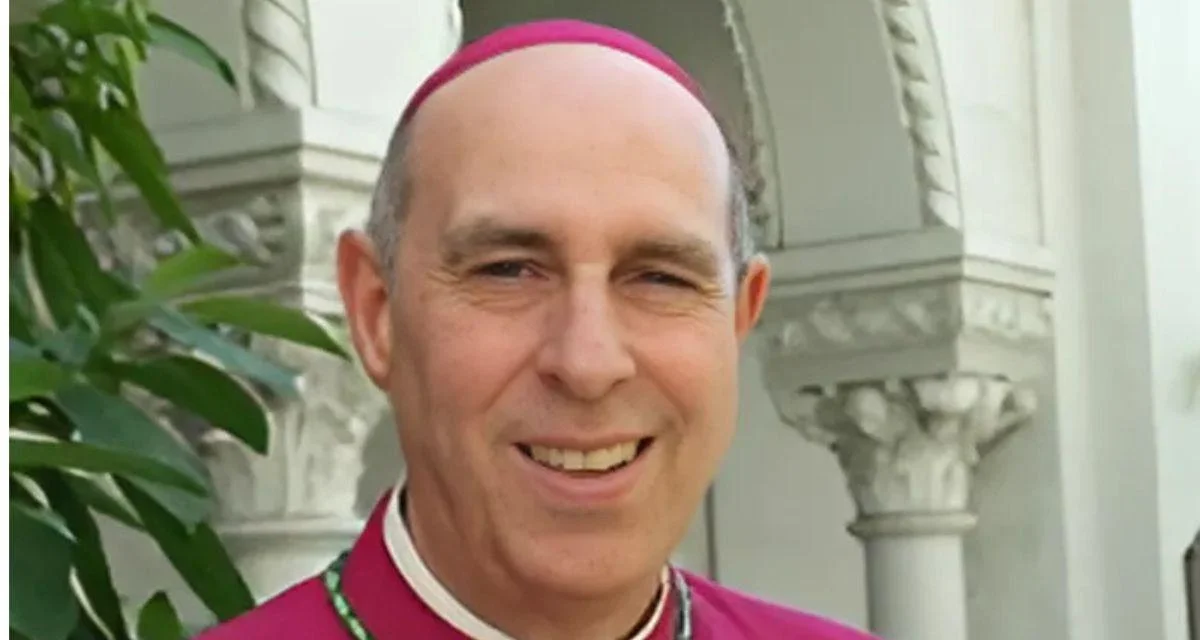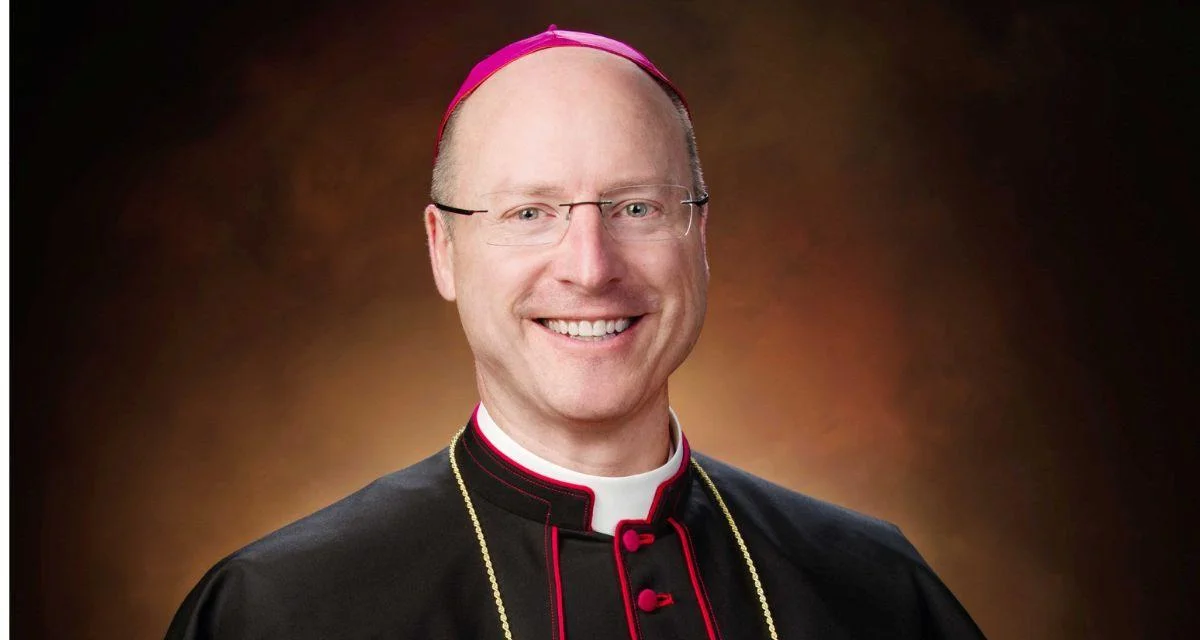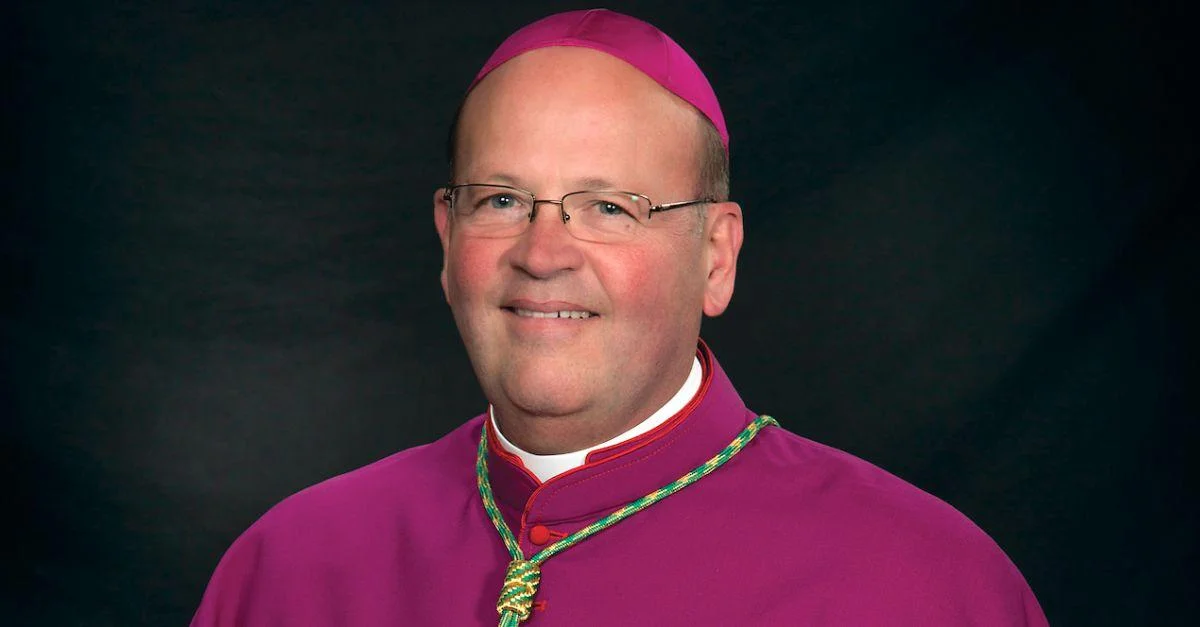
Rev. James D. Conley, D.D., S.T.L. | Diocese of Lincoln website
"Recently, a question arose regarding the use of different Eucharistic prayers during Mass, prompting a deeper exploration into the variety of options available within the Roman Missal."
"I have recently made it my personal mission at Masses that I celebrate to use the second option of the Penitential Act," shared one priest.
The priest highlighted the importance of introducing lesser-known options to the congregation, despite potential initial pushback, to facilitate learning and understanding among the faithful.
Explaining the potential reasons behind the unfamiliarity with certain Eucharistic prayers, the priest acknowledged, "After all, how can people go to Mass their whole lives and then hear a Eucharistic prayer they have never heard before?"
Delving into the specifics, it was noted that Eucharistic Prayer I, also known as the Roman Canon, holds significance for certain occasions, such as solemnities, Sundays, and celebrations of specific saints mentioned within the prayer itself.
On the other hand, Eucharistic Prayer II is deemed more suitable for weekdays or special circumstances due to its brevity, allowing for a streamlined experience, especially on busy weekdays.
For Sundays and feast days, Eucharistic Prayer III is recommended, serving as a meaningful option when pastoral considerations dictate the use of an alternative to Eucharistic Prayer I.
Among the mainline Eucharistic Prayers, Eucharistic Prayer IV stands out as the rarest due to its unique Preface requirements, limiting its usage to specific periods like Ordinary Time.
Beyond the four mainline prayers, the Roman Missal features six additional Eucharistic Prayers, including prayers specifically designed for reconciliation and Masses for various needs.
The priest speculated that the utilization of these less common prayers might have sparked the original inquiry, as they are notably less familiar to the average Catholic congregation.
In conclusion, the diverse array of Eucharistic prayers available serves to enrich the liturgical experience, offering flexibility and depth to the celebration of the Eucharist.





 Alerts Sign-up
Alerts Sign-up